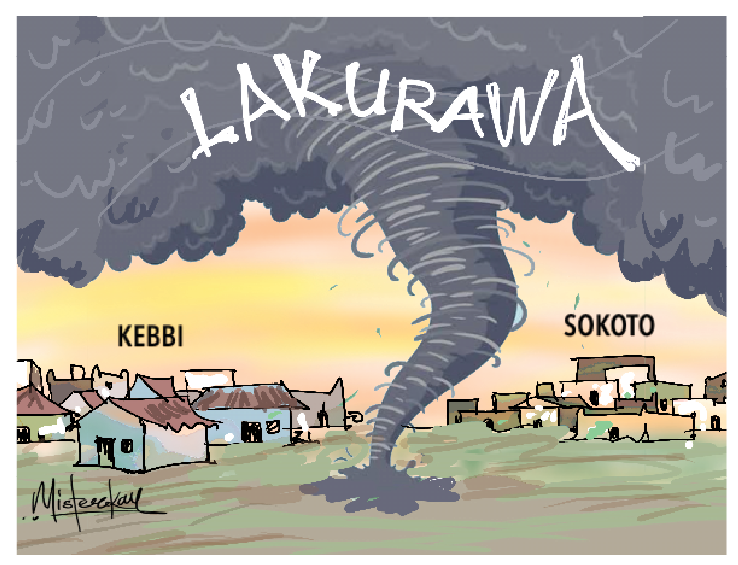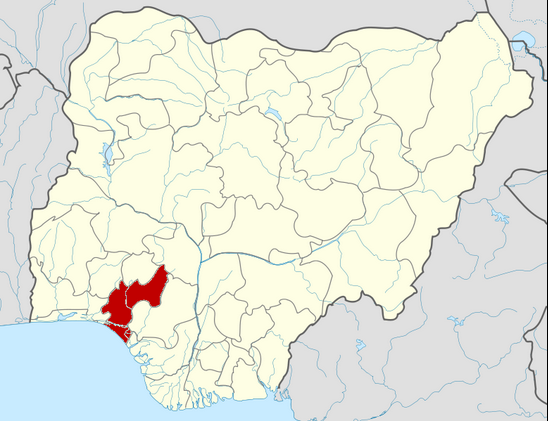Amidst complaints by stakeholders in the private and public sector on the impact of the high interest rate in the country, the Governor of the Central Bank of Nigeria (CBN) Dr Olayemi Cardoso has assured that the high interest rate regime would not last forever, saying it will begin to come down soon.
Speaking at the fireside session at the Businessday CEO Forum in Lagos, the CBN governor noted that himself alongside the Monetary Policy Committee of the CBN whilst desiring growth of the Nigerian economy is committed to taming inflation which has risen to 33.95 per cent as at June.
Benchmark interest rate currently stands at 26.25 per cent, and business owners, analysts, manufacturing companies and state governments have lamented the high interest rate, saying the high cost of borrowing would not only lead to job losses but also stifle economic growth in the country.
However, Cardoso noted that the high interest rate had become necessary to combat the consequences of the huge money supply into the system prior to his ascension as CBN governor. “Sadly, we have a situation where we were all there when a lot of money supply went into the system. We all saw Ways and Means soar to N27 trillion. We saw interventions N10.5 trillion. It has its consequences. Painful, but it has its consequences. And to a large respect, that is what we’re paying for now.
“Interest rates are not set by the governor of the central bank. Interest rates are set by the Monetary Policy Committee. And thankfully, we have a monetary comments policy committee comprised of independent minded thinking people. And these are people who are not given to emotion. What they look at is data, and they basically go along with what the data says. The MPC has made it very clear that for them the major issue is taming inflation have also made it very clear that they will do whatever is necessary to tame inflation.
“The MPC is not oblivious to the fact that ultimately we do want to grow. The country does need growth. If these hikes were not done at the time they were done. If you recall, naira to dollar was almost tipping over. This helps to stabilise. Also, it is a time issue This is not something that I expect would remain with us forever. To the extent that the right policies are used, and obviously, with the results we’ve seen the right policies are being used. I believe that in the not too distant future, things will begin to modulate and interest rates will come down.”
Speaking on recapitalization of banks, he said there is need to ensure that banks are able to contribute their quota to the GDP of the country, noting that the banks had more than enough time to prepare for it. “We give them a whole two years. Again, that is not normal in the Nigerian circumstance when it comes to policymaking.
“Policies come out and they expect you to do it within six months, nine months or immediately and we said no. Two years, take your time. Don’t be in any rush. What we are looking to do is build a better and stronger and more resilient banking system. And that is not something we want you to do overnight. It is important to note that the contribution that the banking system has towards our GDP is relatively modest in comparison to our peers. This we believe is a means of hopefully beginning to address that issue. Indeed, will open the banks to wanting to provide different kinds of services to the populace, as opposed to aggregate it in one particular area.

 4 months ago
29
4 months ago
29














 English (US) ·
English (US) ·